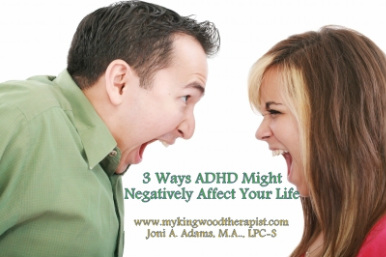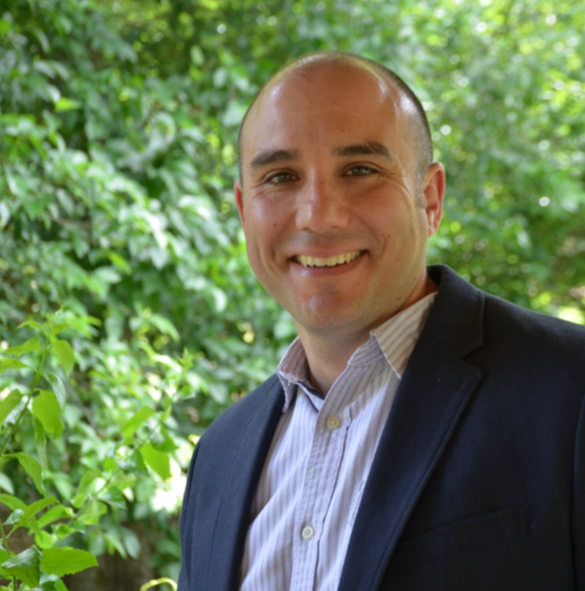Kingwood Psychotherapy & Assessment Center,
Professional Counseling and ADHD Testing
Professional Counseling and ADHD Testing
 Image courtesy of David Castillo Dominici / FreeDigitalPhotos.net Image courtesy of David Castillo Dominici / FreeDigitalPhotos.net When you have ADHD, it affects all areas of your life. It doesn’t matter if you are a young child, a high school student or a grown adult raising a family… if you suffer from ADHD, it is a life-long disorder. Although it is true that ADHD symptoms can effectively be managed (with proper treatment) the effects of this disorder never completely disappear from your life. Here are 3 of the most common ways that ADHD affects individuals: Frustration- Can you imagine how much more difficult it would be to learn new things if you were not able to concentrate and focus? You watch those around you excel at tasks easily and effortlessly, yet no matter how hard you try… you just aren’t able to get the same results. This often leads to poor grades and poor job performance, which can easily contribute to negative self evaluations. Frustration is also experienced by loved ones of individuals with ADHD. How many times do you think you could ask someone to do something (like “please take out the trash”, or “please pick up your clothes”) before your blood is boiling and steam is coming out of your ears?
Low Self-Esteem- Nobody wants to see their friends, family or peers get twice the rewards for seemingly putting forth half the effort. Over time, it’s natural to notice that your efforts are not rewarded as often or in the same manner as others, even if you do your best. After awhile, many people with ADHD conclude that the cards are stacked against them and that they just aren’t “good enough” to succeed. Usually, when this happens, a cycle of negative self-talk is activated and acts as a self-script that influences your choices, thoughts and mood. Relationships- ADHD is almost always a strain on relationships. Parents have to learn a new set of parenting skills to accommodate impulsive, off-task and defiant behaviors that can be extremely stressful for the entire family. Close significant relationships in adulthood, such as marriage, are also impacted and serve as a source of conflict for many couples. Some of those arguments are attributed to complaints such as forgetfulness (i.e., paying bills, not completing chores, forgetting to pick up the kids sound familiar?), moodiness, procrastination and indecisiveness. The good news is… help is available! It is important to always begin with a proper diagnosis, which includes professional testing and a comprehensive evaluation by a trained professional. Once an ADHD diagnosis is confirmed, a treatment team is assembled, which includes family members, a physician, a professional counselor and teachers (if applicable). Everyone serves an important role and brings valuable information to the treatment plan. With well planned and individualized recommendations in place, treatment execution is much easier and naturally more successful.
1 Comment
|
Kingwood Psychotherapy &
|
|


